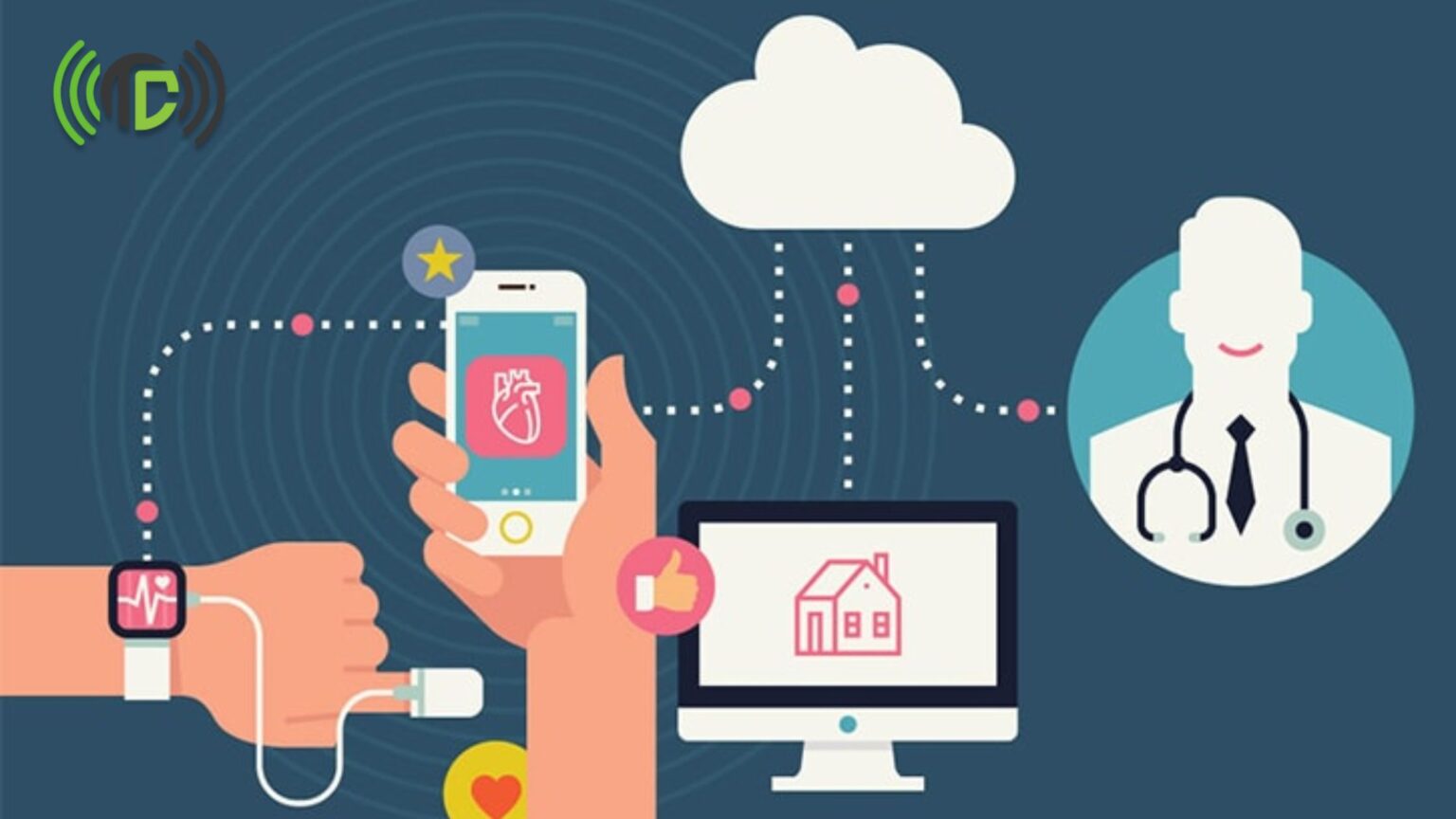
In recent years, the internet has established itself as a lifeline in the world of healthcare. It has not only transformed the way healthcare services are delivered but has also played a pivotal role in improving patient outcomes. In this article, we will explore how the internet has revolutionized healthcare by enabling telemedicine, providing access to health information, facilitating data-driven medical research, and addressing healthcare disparities in remote areas, ultimately showcasing its potential to save lives.
Telemedicine: Bridging the Gap
Telemedicine, powered by the internet, has emerged as a groundbreaking solution to bridge geographical gaps in healthcare access. Patients can now connect with healthcare providers virtually, seeking consultations, diagnoses, and even ongoing treatment plans from the comfort of their homes. This is especially crucial in rural or remote areas where access to medical facilities is limited, allowing patients to receive timely care and reducing healthcare disparities.
Access to Health Information
The internet has democratized access to health information. Patients and caregivers can now find a wealth of medical knowledge online, empowering them to make informed decisions about their health. From reliable medical websites and forums to educational videos and articles, the internet provides a vast repository of health-related information that can educate, inspire, and guide individuals in managing their well-being.
Data-Driven Medical Research
Medical research has also experienced a transformational shift thanks to the internet. Researchers can now collaborate globally, sharing data, findings, and insights in real-time. This collaborative effort accelerates medical advancements, from drug discovery to the development of new treatment protocols. Big data analytics and machine learning algorithms have enhanced our understanding of diseases and treatment options, leading to more personalized and effective healthcare solutions.
Connectivity in Remote Areas
Access to healthcare is not just limited by geographical barriers; it is also affected by the availability of connectivity. The internet’s reach extends to even the most remote corners of the world, making it possible for healthcare providers to serve patients in areas that were once isolated. Mobile clinics and telehealth initiatives leverage the internet to connect healthcare professionals with patients in underserved regions, delivering essential care and saving lives.
Saving Lives Through Online Health Services
The internet’s role in healthcare goes beyond convenience; it has the potential to save lives. Early diagnosis, timely intervention, and continuous monitoring made possible through telemedicine can prevent complications and improve patient outcomes. Moreover, the ease of sharing medical records and data securely online ensures that healthcare providers have a comprehensive view of a patient’s medical history, enabling more accurate and informed decision-making.
Challenges and Ethical Considerations
While the internet’s impact on healthcare is overwhelmingly positive, there are challenges to address. Data security, patient privacy, and the ethical use of technology must be carefully managed. Additionally, ensuring equitable access to healthcare through the internet remains a priority, as not all individuals have equal access to digital resources.
In conclusion, the internet has become a vital tool in the field of healthcare, enabling telemedicine, democratizing health information, advancing medical research, and addressing healthcare disparities in remote areas. The connection between the internet and healthcare is a lifesaving one, improving patient outcomes, expanding access to care, and ultimately enhancing the quality of life for countless individuals around the world.
